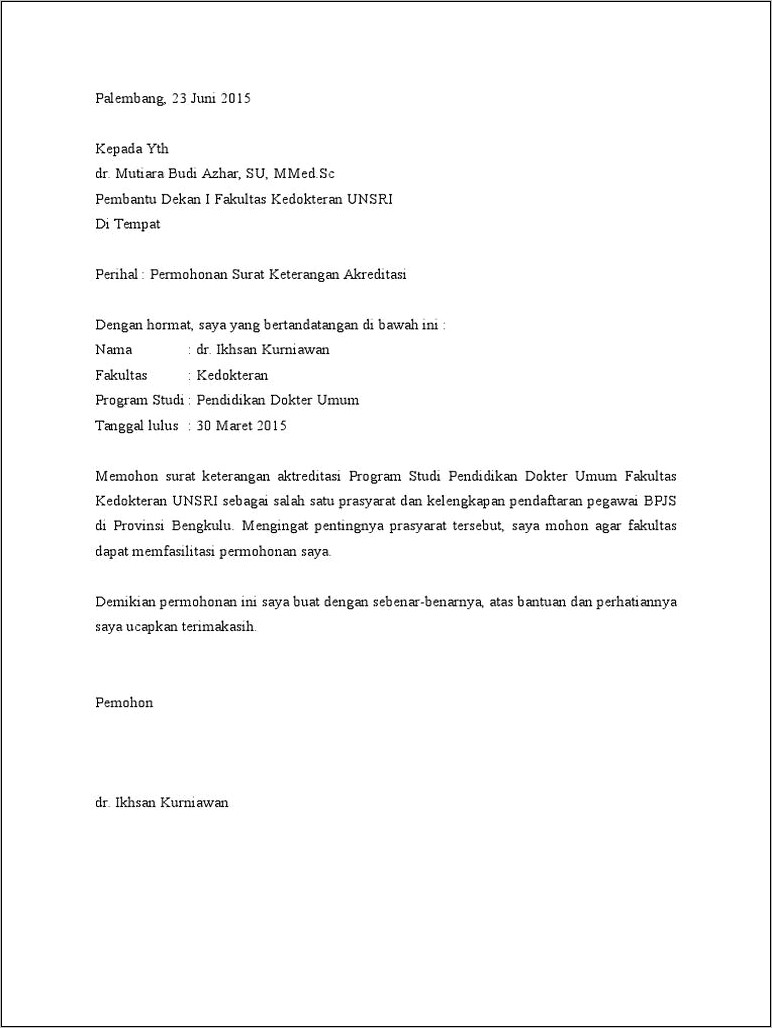Understanding the Global Landscape of Online Gambling Laws
페이지 정보
작성자 Wilfredo Levere… 작성일25-07-14 10:04 조회2회 댓글0건본문

Online gaming laws have evolved rapidly in recent years, reflecting the growing popularity of online betting. As a result, individuals interested in online betting and gaming must be aware of the varying laws and regulations in different regions. In this article, we will delve into the complexities of online gaming laws globally.
United States: Due to its chaotic regulatory landscape, the United States presents a particular challenge for online gamblers. On one hand, several states like Nevada, New Jersey, and Delaware have established robust frameworks for online gaming, often partnering with brick-and-mortar casinos to offer a range of games. Meanwhile, other states like Pennsylvania and Michigan have started to follow suit. However, federal laws remain a major issue, particularly the 1961 Wire Act, which bans online sports betting.
In contrast, online poker has seen significant expansion following the 2012 US Department of Justice reevaluation of the Wire Act. Today, multiple states offer regulated online poker platforms, although federal legislation remains elusive. Furthermore, online sports betting has seen substantial increase since the 2018 Supreme Court ruling in Murphy v. NCAA.
United Kingdom: The UK is known for its permissive approach to online gaming. The UK Gambling Act provides the regulatory framework for online casinos, betting sites, and poker platforms. Under UK law, operators must obtain a license from the UK Gambling Commission, which ensures fair play and player safety. UK-based players can access an array of reputable online platforms from leading providers.
European Union: EU countries have implemented various forms of regulatory frameworks, but some nations are more friendly to online gaming than others. The German State Treaty on Gambling restricts online gaming to state-run operators, although there are ongoing debates about relaxing these limits. Germany's stance contrasts with countries like Spain and Italy, where private operators can provide online gaming services.
Canada: While not as widespread as some other regions, Canada has a expanding online gaming market. Provincial jurisdictions like Ontario, British Columbia, and Manitoba offer regulated gaming options, including land-based operators that have also transitioned to online platforms. However, federal regulations are relatively loose, which has led to some problems with unregulated sites targeting Canadian players.
In conclusion, jerukbet daftar understanding online gaming laws around the world requires a thorough understanding of the local regulatory landscape. Players from different countries face different degrees of access to regulated markets, with some regions more welcoming to online gaming than others. Whether a player is looking to participate in online poker, sports betting, or casino gaming, it is imperative to familiarize themselves with the local laws and regulations to ensure a safe and enjoyable experience.
As countries update their regulatory approaches to online gaming, we can expect to see further developments in the coming years. For those interested in participating in online gaming, it is vital to stay informed about shifting regulations and laws, enabling them to make informed decisions and choose reputable operators. By doing so, online gamblers can enjoy a secure and rewarding experience, unhindered by complex regulatory requirements.
댓글목록
등록된 댓글이 없습니다.









